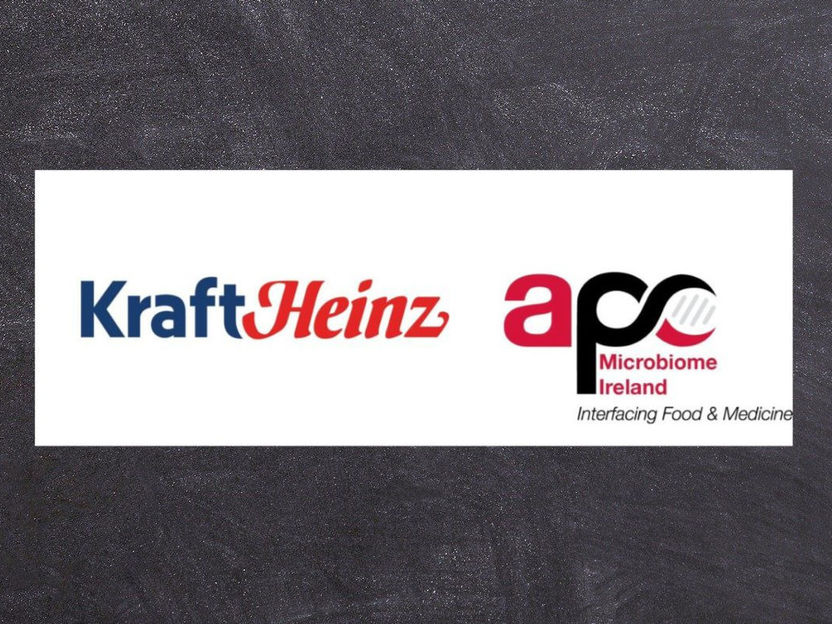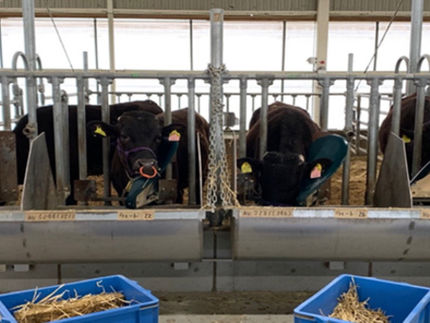APC Microbiome Ireland partners with Kraft Heinz in developing novel cultures for food use
APC Microbiome Ireland and the Kraft Heinz Company (KHC) have announced a new collaboration aimed at developing new natural cultures for food fermentations. Fermented foods are created using controlled microbial growth, facilitated by microorganisms or microbial communities, usually in the form of starter cultures, adjuncts or probiotics. The fermentation process helps prolong shelf-life, improve food safety and quality and increase the palatability of foods. It may also enhance the nutritional and functional properties of foods due to the transformation of substrates to bioactive end-products. This collaboration plans to focus on a variety of these bioactive end-products and their applications in food systems.

APC Microbiome Institute
APC Microbiome Ireland is a leading Science Foundation Ireland Research Centre based in University College Cork and Teagasc Food Research Centreand is the largest and oldest microbiome research institute in the world. APC Microbiome Ireland has developed a large programme on fermentation end products, including anti-microbials, over the past 20 years. Some of these can substitute for chemical preservatives in food or antibiotics used in agriculture or medical applications. These include Thuricin CD, Formicin (previously featured on an Irish stamp), Lacticin, and Nisin J, a new antimicrobial produced from staphylococcal bacteria found on human skin. In 2018, the APC was ranked first in the world in the area of antimicrobials by CWTS in Leiden as measured by publication citations.
KHC is the 5th largest food and beverage company in the world employing over 40,000 people around the globe with net sales of approximately $25bn in more than 200 countries. The APC-KHC collaborative project will initially run for 12 months and employ a team of 4 researchers led by APC Principal Investigators Professors Paul Ross, Colin Hilland Catherine Stanton.
“We are very excited to partner with Kraft Heinz for this research collaboration” said Professor Paul Ross, Director of APC Microbiome Ireland and leader of the new research collaboration. “Research on fermented foods and culture metabolites forms part of the APC’s overall strategy to manipulate the microbiome of food for quality, safety and human health associated improvement. APC’s research feeds into industries such as human health, animal welfare, nutrition, infectious disease, infant formula and sustainability. APC is currently working on research projects with more than 30 companies, from multinational food and nutrition corporations to indigenous SMEs.”
Commenting on the collaboration between Kraft Heinz and APC Microbiome Ireland, Hennie Myburgh, Head of R&D, Global Growth & Technologyat Kraft Heinz said, “Partnering with APC Microbiome Ireland aligns with our new global technology strategy. As a company with a long history in fermented products, we are very excited by this collaboration with APC Microbiome Ireland as this partnership will further strengthen our research platforms, enabling the next generation of fermented products and ingredients.The technologies that will be developed together will align with the growing consumer demand for cleaner products. As a consumer-obsessed company, the output of this partnership will allow us to continue delivering novel, clean-label innovations.
Prof Mark Ferguson, Director General of Science Foundation Ireland and Chief Scientific Adviser to the Government of Ireland, said “Science Foundation Ireland strongly welcomes this collaboration between Kraft Heinz and APC Microbiome Ireland SFI Research Centre. APC Microbiome Ireland is a global leader in microbiome science and antimicrobials, and SFI Research Centres such as APC Microbiome Ireland are making innovative scientific advances, creating a pool of talented researchers carrying out excellent research that has economic and societal impact and relevance.”
Most read news
Organizations
Other news from the department business & finance

Get the food & beverage industry in your inbox
By submitting this form you agree that LUMITOS AG will send you the newsletter(s) selected above by email. Your data will not be passed on to third parties. Your data will be stored and processed in accordance with our data protection regulations. LUMITOS may contact you by email for the purpose of advertising or market and opinion surveys. You can revoke your consent at any time without giving reasons to LUMITOS AG, Ernst-Augustin-Str. 2, 12489 Berlin, Germany or by e-mail at revoke@lumitos.com with effect for the future. In addition, each email contains a link to unsubscribe from the corresponding newsletter.



























































